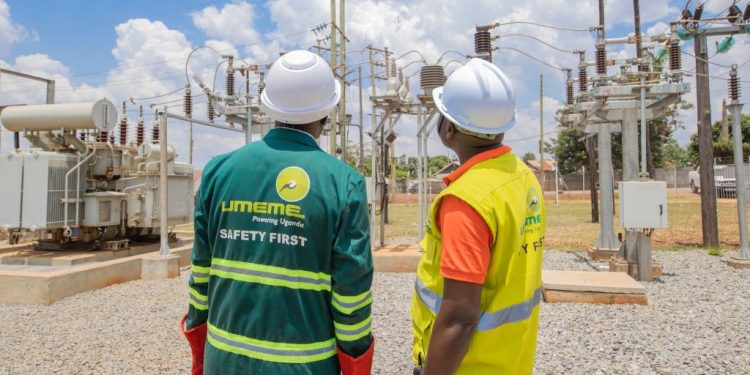KAMPALA, Uganda — As Uganda’s 20-year electricity distribution agreement with Umeme Limited concluded, a significant financial dispute has emerged between the government and the former main power distributor.
Umeme has formally challenged the government over what it claims is an unfairly low payout for its unrecovered investments.
In a public notice issued Sunday, Umeme confirmed it had sent a Notice of Dispute to the Ministry of Finance on Friday.
This formal communication triggers a 30-day negotiation period, as outlined in the 2005 concession agreement.
At the center of the disagreement is the valuation of Umeme’s investments that were not recouped during its two-decade operation of the power grid.
The company contends that the government’s buyout figure falls significantly short of what was promised under the original contract.
According to Umeme, its unrecovered investment totals $234 million. However, the government, following a special audit by the Auditor General, has valued the amount at $118 million (about 430 billion Ugandan shillings) — nearly half of Umeme’s claim.
While Energy Minister Ruth Nankabirwa has stated the government’s position clearly — “The Auditor General has audited and determined $118 million as the buyout amount” — Umeme insists this valuation is inadequate and violates the terms of their agreement.
The Ministry of Energy had previously considered an alternative estimate of $190 million (approximately 700 billion Ugandan shillings) but ultimately adopted the lower figure following the audit. Umeme has rejected both the final and alternative amounts, arguing they do not represent a fair valuation of its unrecovered investments.
The company maintains that the 2005 concession explicitly guarantees fair compensation for all unrecouped investments by the end of the contract. Failure to honor this, Umeme argues, could have serious implications for future public-private partnerships in Uganda.
If the ongoing negotiations do not yield a resolution by May 11, the matter will escalate to international arbitration in London, as stipulated in the original agreement.
In response to the dispute, Umeme’s board has advised caution, warning shareholders and investors to be careful when dealing in the company’s securities “until the outcome of the Dispute is known.”
The timing of this standoff has also drawn attention to Uganda’s broader strategy of reclaiming control over its power sector.
With the Uganda Electricity Distribution Company Limited (UEDCL), a state-owned firm, now managing electricity distribution, the government had portrayed the transition as a seamless and cost-effective shift. However, the unresolved compensation issue has cast doubt on that narrative.
During its concession, Umeme says it invested more than $600 million in modernizing Uganda’s power distribution infrastructure. While the assets have now been handed over to UEDCL, the financial settlement remains a contentious issue.
Beyond the figures, the dispute highlights the complexities involved in transitioning essential services from private to public control and raises questions about Uganda’s attractiveness to future investors.
The coming weeks will be critical in determining whether both sides can reach a settlement or if the issue will proceed to a potentially lengthy and costly international legal battle.


















